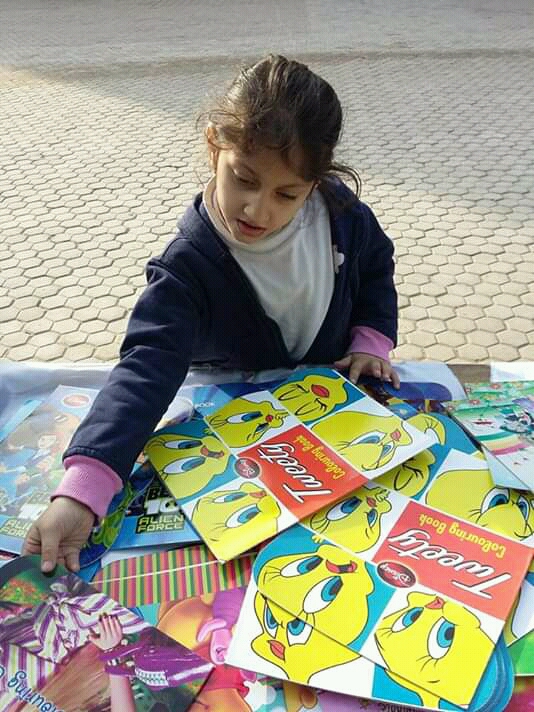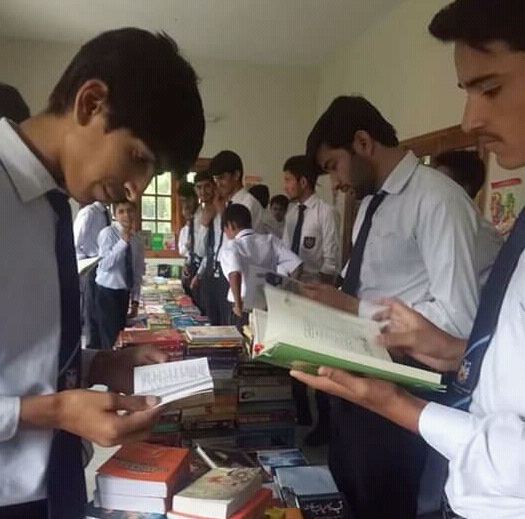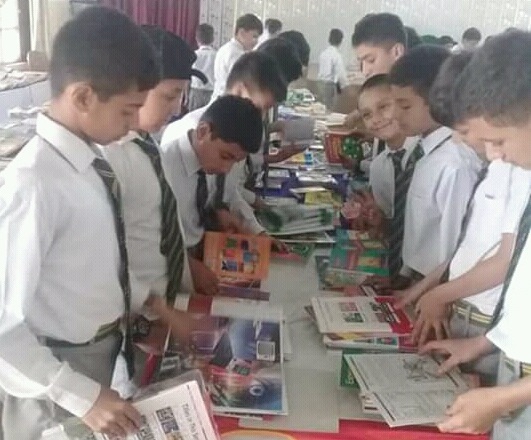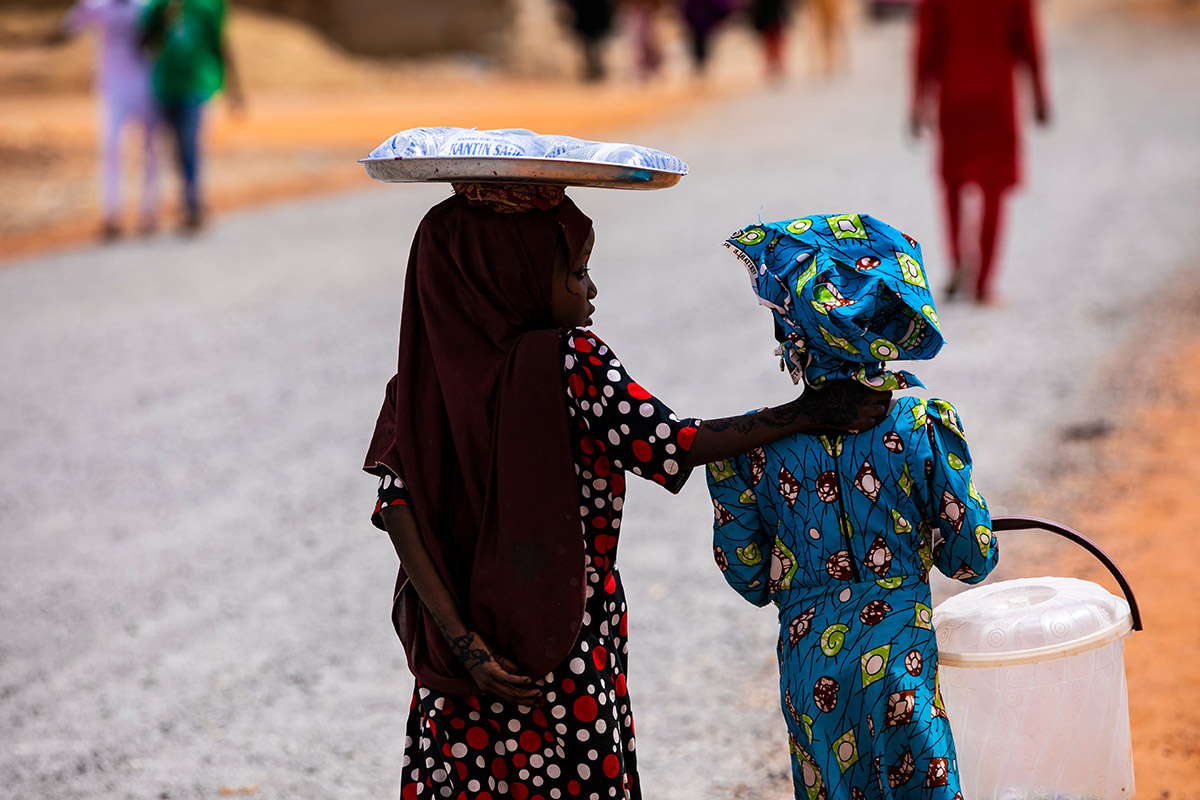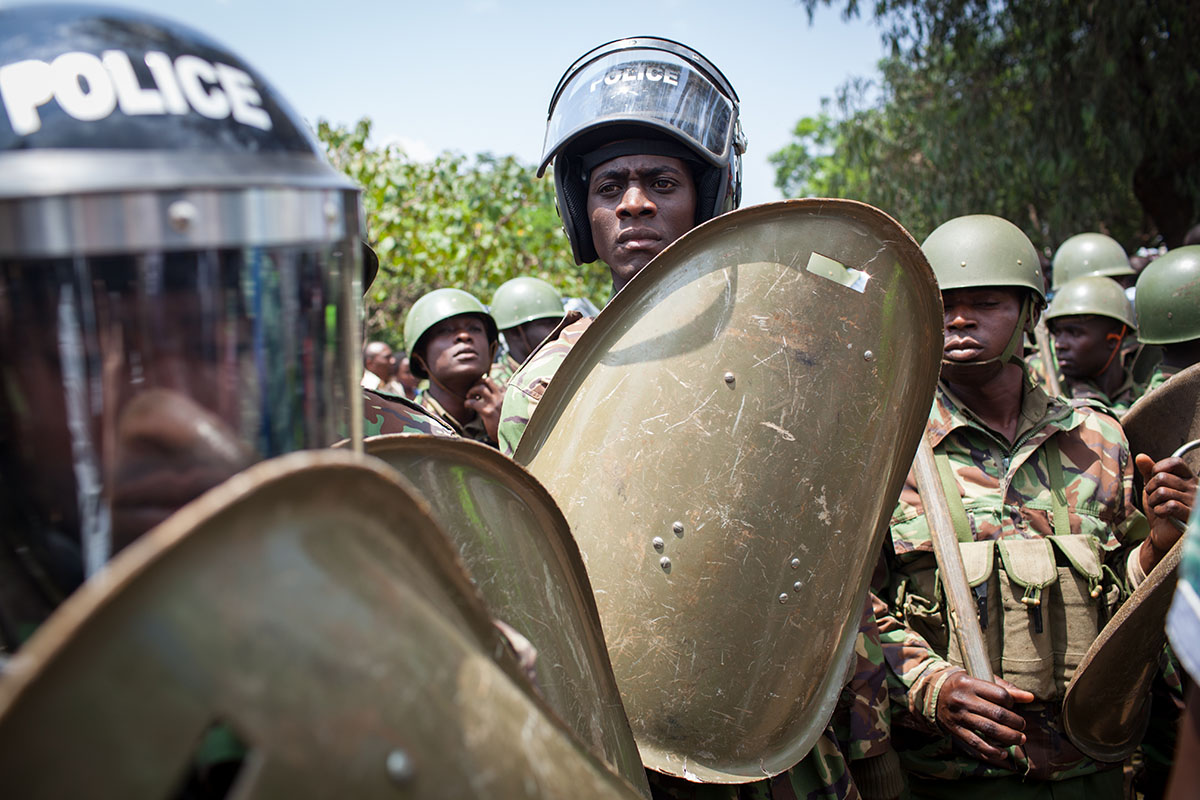Give the gift that keeps giving
December 29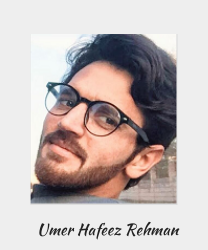
People around the world look forward to this time of the year for one main reason—gifts. But as consumerism takes over, parents and well-meaning relatives and friends need to consider the true worth and long-term benefits of the gift they are giving, writes Umer Hafeez Rehman, a 27-year-old Commonwealth Correspondent from Peshawar in Pakistan. If you were to conduct a quick survey among the people you know, you would find that among the gifts that they gave or received, most, if not all, have a very temporary lifespan and short-term value.
In many countries around the world, this is the season where gifts are given, mainly to children and young people, but also to adults. Mostly, these were clothes, toys, trinkets and electronic devices that will soon wear out, or be overtaken by newer and better models.
Very few would have given or received one of the most valuable of gifts—the gift that truly keeps giving—books.
No society can be considered progressive if it does not have any association or link with reading books. Literature played a great part in the world’s most renowned civilisations… Roman, Greek, Egyptian, Chinese.
Reading empowers a man to think deeper and dig out information. Reading enables people to see different angles to day-to-day affairs.
People who make reading their habit understand the world around them better. They can make better choices. And those who make reading a habit are likely to continue it throughout their life.
Anna Quindlen, an American author, journalist, and opinion columnist is quoted as saying: “I would be most content if my children grew up to be the kind of people who think decorating consists mostly of building enough bookshelves.”
Sadly, the culture of reading is declining in Pakistan. According to a Gilani Research Foundation Survey carried out by Gallup & Gilani Pakistan, three out of four Pakistanis (75 per cent) claim not to read any books at all. And for those who do, when asked how many hours they spend in a day reading books—course books, religious books, novels, magazines or poetry—16 per cent said that they spend just an hour a day reading.
On the other hand, 38 per cent of Pakistanis said they spend two hours or more in a day using a mobile phone. You only need to walk around and observe young people to see what they are devoting their time and attention to.
Reading has helped people acquire knowledge. But today, in an age when browsing the internet, playing with mobile phones and non-stop texting seem to be the order of the day, TV, music and films are all that fill the minds of young people.
“Our education system does not encourage the development of the habit of reading. A good education is not merely for the benefit of getting a degree or job. It is, more importantly, a process of overall grooming as well as learning and exploring—chiefly on one’s own.”
However, in our system, these lofty objectives of education are overlooked. Our system conditions students in such a way that the seeds of curiosity and inquisition are not sown in them. Students only study to fulfill the demands of the examination system, which fundamentally remains score-oriented.
Consequently, the prime aim of education in Pakistan’s case remains the securing of grades and jobs at the expense of a true thirst for knowledge and a quest for life-long learning.
The other dominant factor in the decline in reading culture is a change in the role teachers once used to play in shaping the general outlook and learning habits of their students.
In the past, teachers were also mentors, and would guide their students on the importance of reading. But today’s teachers, either due to lack of proper training, limited knowledge or resources, seldom mould their students to become avid readers.
It seems as if the teachers too have begun to feel that when one can easily access everything on the internet, then why should they take the pains to turn to an original source or read in depth?
There is dire need for Pakistan’s reading culture to be saved from further deterioration. First, the relevant authorities must initiate a comprehensive and nationwide literacy and reading programme. For example, it can facilitate reading clubs.
The government can also launch a scheme in which affordable books are made available to the public. Books should also be available in libraries and schools for people to borrow and to read.
The reading habits within the western world were revolutionised with the introduction of paperback editions by Penguin Books way back in the 1930s. Similarly, in the 1970s low-priced books scheme of the English Language Book Society (ELBS) proved a boon for students and teachers alike.
The wide availability of books in western societies enables the common man to easily access them. Despite the influx of other sources of information, books have maintained their vitality and value within the western culture.
Young people need to realise that those who study only course books or professional textbooks may succeed in getting good marks or a job, but those who read beyond what is required will eventually lead more empowered and informed lives.
Parents, teachers, government and society must encourage progressive elements such as freedom of discourse, research and learning. Until then, goals such as progress, development, diversity and enlightenment will remain pipe dreams.
Dutch scholar Desiderius Erasmus Roterodamus once said: “When I get a little money, I buy books, and if any is left, I buy food and clothes.” How I wish this was true for Pakistanis!
……………………………………………………………………………………………………………………………………………………………………………………..
About me: I work as an educational events organizer and campaigner under the name of Horizon. I organize school and college-based events, with a special interest in book fairs. ……………………………………………………………………………………………………………………………………………………………………………………..
Opinions expressed in this article are those of the author and do not necessarily represent the views of the Commonwealth Youth Programme. Articles are published in a spirit of dialogue, respect and understanding. If you disagree, why not submit a response?
To learn more about becoming a Commonwealth Correspondent please visit: http://www.yourcommonwealth.org/submit-articles/…………………………………………………………………………………………………………………………………………………………………………………..
